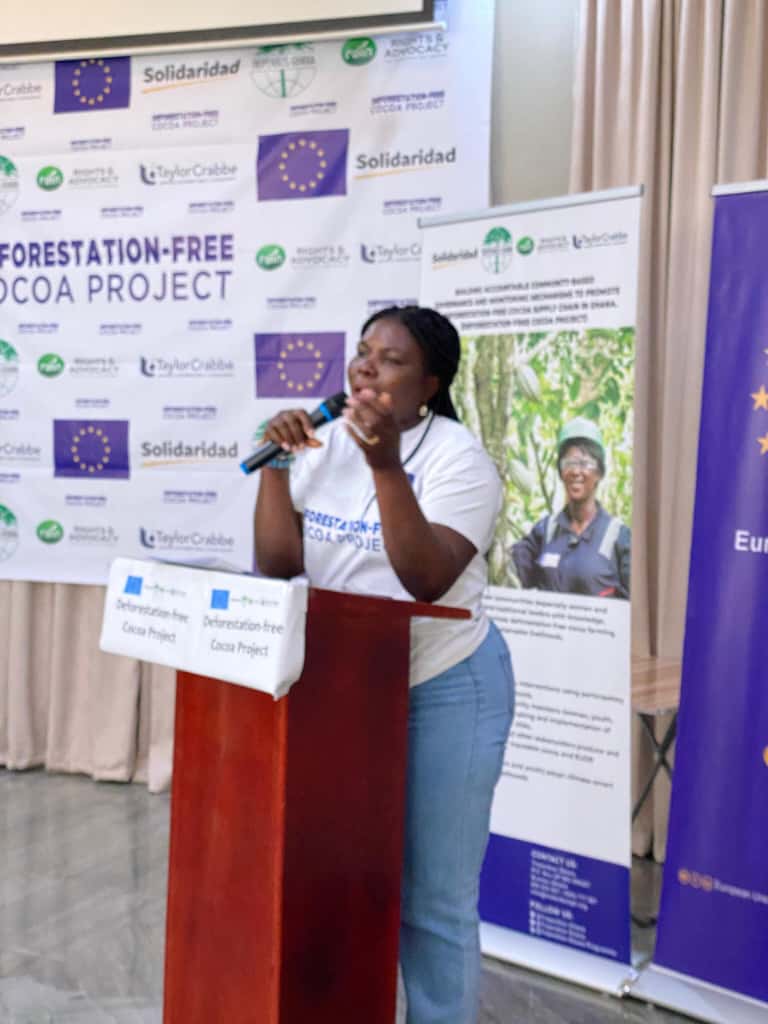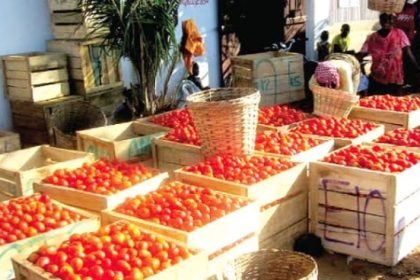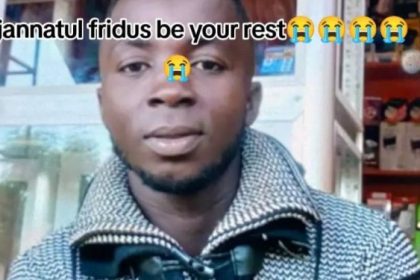The European Union (EU) in partnership with three organisations have launched a £2 million project to help promote deforestation free cocoa supply chain across two regions in the country.
The organisations; Solidaridad West Africa, Tropenbos Ghana, Rights and advocacy Initiative Network (RAIN), and Taylor Crabbe Initiative (TCI), would implement the project in the Asunafo-Asutufi Hot spot Intervention Area (HIA) in the Ahafo Region, and Wiawso, Bibiani-Anhwiaso-Bekwai, Bia East, and Juaboso HIA in the Western North Region.
The three-year project dubbed: “Deforestation-Free Cocoa Project”, is expected to directly support about 5,000 farmers with over 1,000 hectares of old monoculture farms to be rehabilitated with agro forestry systems.
It represents a significant step towards aligning Ghana’s vital cocoa sector and tackling pressing challenges within the sector especially in the Western North Region by promoting inclusive governance and community-led monitoring systems.
Mr Rune Skinnebach, the European Union Ambassador to Ghana, at the launch of the project said the initiative was part of a series of interventions under the EU Global Gateway strategy intended to promote sustainability and improve upon livelihoods for cocoa farmers.
He stated that the initiative aligned with the EU Deforestation Regulation (EUDR) and complemented their partnership with COCOBOD on the EU-Ghana COCOBOD monitor, which puts planets and people first.
He said the EU was proud to be working with all the partners including the local authorities to ensure the sustainability and growth of the cocoa sector in Ghana.
Mr Eric Agare, Country Representative of Solidaridad Ghana, indicated that through the partnership, his outfit would support cocoa farmers to adopt climate smart practices to enhance productivity without driving forest loss.
“Our goal is to curb cocoa-led deforestation through sustainable intensification of existing cocoa farms, while helping farmers diversify their livelihoods through alternative income generating activities,” he added.
Dr Mercy Owusu Ansah, Country Director, Tropenbos Ghana, also stated that equipping traditional leaders, the youth, and women with the necessary tools to monitor forest reserves and practice climate smart cocoa farming meant that the benefits of sustainable cocoa would reach those who needed them the most.
Mr Wilbert Petty Brentum, Western North Regional Minister, on his part said the project would complement ongoing efforts such as the Ghana Cocoa Red Plus programme aimed at addressing the causes of deforestation and forest degradation to ensure sustainable cocoa sector.
He was confident that the project would equip communities and stakeholders with special tools to help drive advocacy for sustainable natural resource management.
He said: “Let’s all commit ourselves to preserve our environment, sustain the cocoa industry and improve upon the livelihoods of the people.”
Nana Kofi Nkuah II, Chief of Awhiam, who chaired the function lauded the EU and their partners for the initiative and called on all to make the project a success.
GNA






